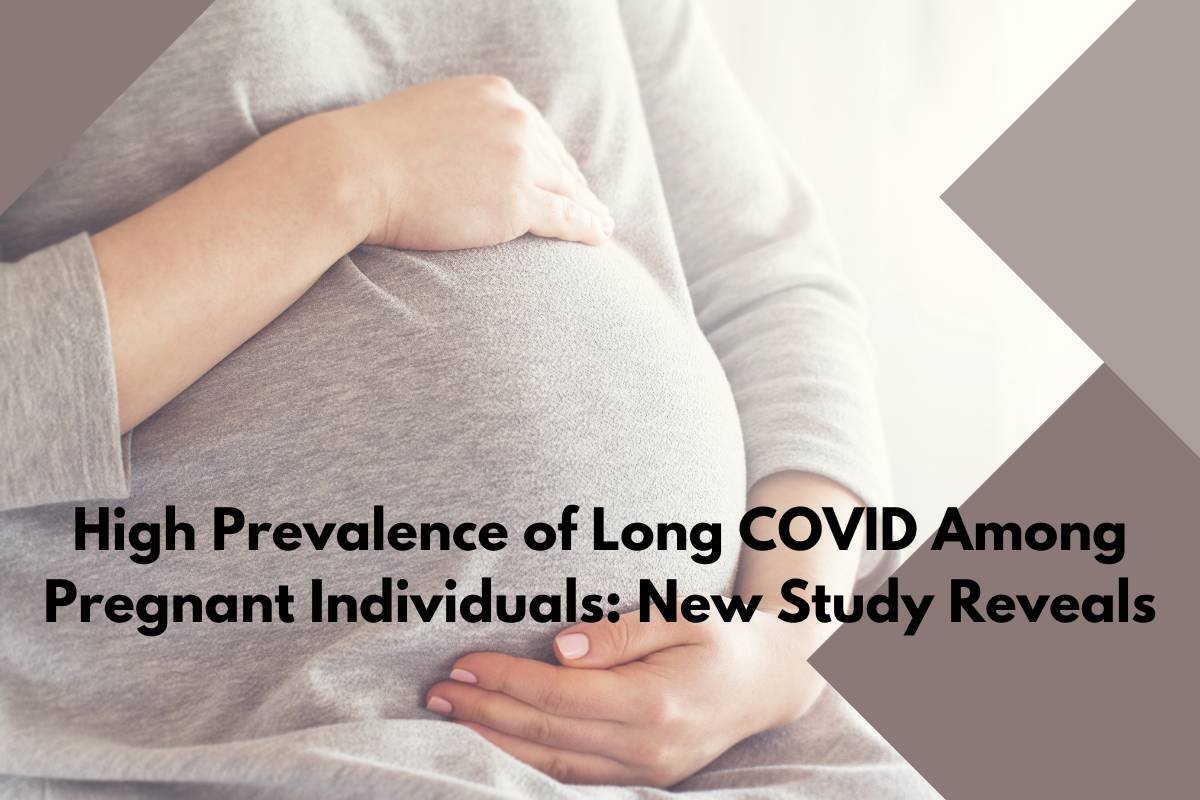A recent study published on July 11th in Obstetrics & Gynecology has revealed that nearly one in ten individuals who contract COVID-19 while pregnant will go on to develop long COVID. Dr. Torri Metz, Vice Chair of Research in Obstetrics and Gynecology at the University of Utah Health and co-leader of the nationwide study, expressed surprise at the high prevalence rate. “This is something that continues to affect otherwise reasonably healthy and young populations,” she noted.
The study, part of the National Institutes of Health RECOVER project, enrolled over 1,500 individuals who had their first COVID-19 infection during pregnancy. These participants reported long COVID symptoms at least six months post-infection. The large-scale nature of the study allowed for robust associations and provided a comprehensive risk picture for pregnant people across various demographic groups. The findings indicated that 9.3% of participants experienced long-term symptoms, with fatigue, gastrointestinal issues, and exhaustion from routine activities being the most common.
Vulnerability and the Importance of Awareness
The study underscored the vulnerability of pregnant and postpartum individuals to long-term COVID-19. David Goff, M.D., Ph.D., from the NIH’s National Heart, Lung, and Blood Institute, highlighted the critical nature of this research. “By understanding how individual characteristics interact with SARS-CoV-2 infection during pregnancy, this study yields important insights to potentially develop targeted interventions for this population.”
Dr. Metz emphasized the need for heightened awareness among obstetricians regarding long COVID symptoms, which can overlap with pregnancy symptoms. “Most obstetric clinicians may not be as aware of long COVID as we should be,” she said. To ensure the reported symptoms were not merely pregnancy-related, the researchers conducted a secondary analysis focusing on symptoms reported more than 12 weeks postpartum. The consistent findings confirmed the initial results.
Several factors were identified as increasing the risk of long COVID, including pre-existing anxiety or depression, obesity, and self-reported financial hardship. Although the study couldn’t ascertain whether financial difficulties were a cause or a consequence of prolonged symptoms, these associations highlighted the complex nature of long COVID.
Long-Term Implications and the Need for Vigilance
Senior author Vanessa Jacoby, MD, MAS, from UCSF, stressed the long-term implications for those who were pregnant during their COVID-19 infection. “People who were pregnant when they got COVID may have significant long-term symptoms after pregnancy, like fatigue even after simple activities,” she said. Dr. Jacoby encouraged individuals to discuss persistent symptoms with their healthcare providers to receive appropriate support and care.
Previous estimates of long COVID rates in the general population range from 10% to over 20%. The lower end of the risk spectrum observed in this study might be due to the less vigorous immune response in pregnant people, which, while increasing the risk of severe infection symptoms, might reduce the risk of long-term organ damage leading to persistent symptoms. Additionally, pregnant individuals tend to be younger and healthier, which could contribute to lower long COVID rates.
Despite these nuances, the high prevalence of long-term COVID-19 in pregnant populations calls for healthcare practitioners to remain vigilant. Dr. Metz reiterated the importance of recognizing and addressing long COVID symptoms in patients. “We need to have this on our radar as we’re seeing patients. It’s something we don’t want to miss. And we want to get people referred to appropriate specialists who treat long COVID.”
This groundbreaking study sheds light on the substantial risk of long-term COVID-19 among pregnant individuals, urging the medical community to prioritize awareness and appropriate care for this vulnerable population.









